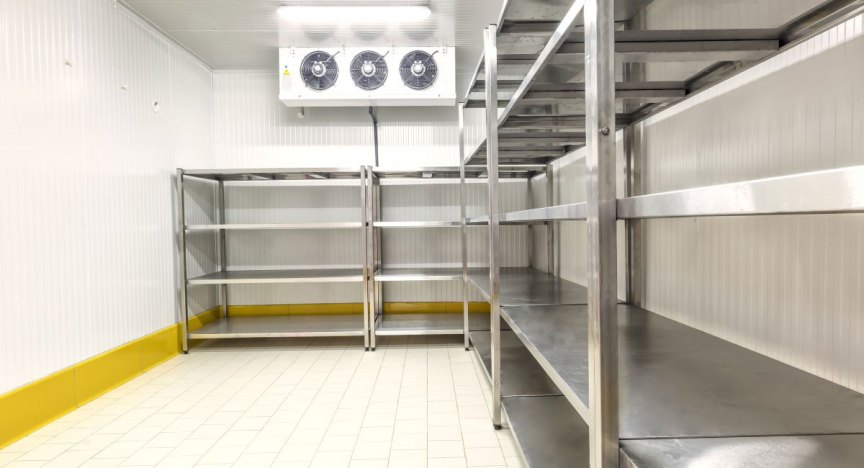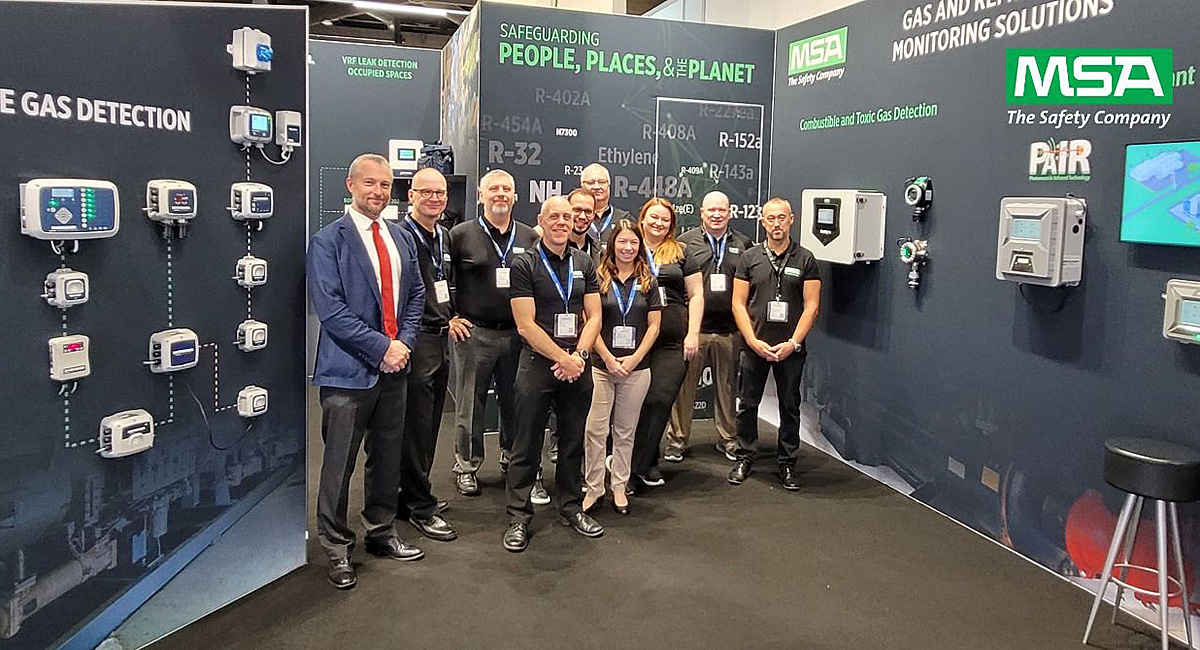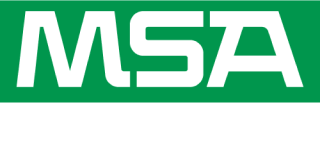

The 2020 F-gas ban could impact how you service and/or maintain your refrigeration and freezer equipment.
Don’t be caught by surprise in such potentially rapidly changing market conditions—Refresh what you know in this article, in which we will focus on the usage controls for certain refrigeration equipment that start January 1, 2020 per the F-gas regulation.
Service Ban on Certain Refrigerants
First and foremost, whether the 2020 F-gas ban for certain refrigeration and freezer equipment applies to you depends on several factors, including:
- equipment type and charge size; plus
- refrigerant type and global warming potential (GWP).
To demonstrate, in Chapter III, Article 13, of the F-Gas regulation, it states, “From 1 January 2020, the use of fluorinated greenhouse gases, with a global warming potential of 2500 or more, to service or maintain refrigeration equipment with a charge size of 40 tonnes of CO2 equivalent or more, shall be prohibited.”
Popular HFC Refrigerants Affected
In this statement of the F-gas regulation, you find the control of use, or the ban, for the specific refrigeration equipment, and here’s what you can extrapolate: Refrigeration equipment with a refrigerant charge size of 40 tons of carbon dioxide equivalent (tCO2e) containing refrigerant with a global warming potential of 2,500 or more is essentially impacted.
To put this ban into perspective, consider the fact that “this equates to around 10.2kg of R404A, a common refrigerant in medium sized systems.”
Ban Only Applies to Virgin Refrigerant
Now, the ban does not apply to apply to military equipment or equipment intended for applications designed to cool products to temperatures below – 50 °C. Additionally, smaller and hermetically sealed systems should be unaffected by this ban, and more information about affected equipment can be found in this leaflet issued by UK enforcement bodies.
Most notably, this 2020 ban only affects virgin refrigerant; the ban does not apply to gases that are reclaimed or recycled until January 1, 2030. As such, performing refrigerant recycling and reclaiming can be a solution for the near-term.
Those with Affected Refrigerant Should Have A Plan Now
Because numerous popular refrigerants are affected by this ban, including R-404A and R-507A, it’s important for you to know which refrigeration equipment across your facility depends on such refrigerant for servicing and maintaining.
Know the tCO2e of Your Refrigerant
It starts with knowing the carbon dioxide equivalent (tCO2e) of your refrigerant, which you can find out by using this online tool provided by the UK Department of the Environment, Fisheries and Rural Affairs (DEFRA), or you can consult your refrigeration manufacturer or certified technician.
Once you confirm the tCO2e of your refrigerant, you will need to decide about what do for the near-term, which can be
- relying on reclaimed and/or recycled refrigerant; and/or
- opting for a low GWP solution.
Install Low-Level Refrigerant Leak Detection
No matter what you decide, it’s important for the long-term that you employ comprehensive refrigerant tracking and low-level leak detection.
As is, refrigerant leaks can have a costly impact on your organization, and this F-gas regulation accentuates this fact even more, since it will make some refrigerants more expensive and harder to find. Thus, minimizing refrigerant leaks by finding and fixing them early is the most sustainable solution available.
In fact, the use of a refrigerant leak detection system, such as Bacharach’s Multi-Zone, that detects refrigerant down to 1 ppm can help you best manage the impact of this F-gas regulation and thereafter.
Moreover, a refrigerant monitor that is not capable of detecting 10 ppm or less may not be sensitive enough to detect some refrigerant leaks. While your application may not require such low level leak detection, even a significant refrigerant leak can disperse quickly and may measure sub 10 ppm at the sample point.
Non-Compliance Could Result in Enforcement Action
With just a few months to go until January 1, 2020, it’s better to be safe than sorry, especially because non-compliance could result in enforcement action, like hefty fines.
To illustrate, in this leaflet jointly issued by UK enforcement bodies in May 2019, it states, “Operators who do not comply with the service ban are breaking the law and are liable for enforcement action.”
Operators who do not comply with the service ban are breaking the law and are liable for enforcement action.
It goes on to state, “The new Fluorinated Greenhouse Gases Enforcement Regulation in Great Britain … enables regulators in England and Scotland to issue civil penalties up to £200,000 to operators breaching the requirements of the Regulation.”
Bacharach Helps You Navigate F-Gas Requirements
As you can see, the risk of non-compliance is far too high, and that’s why, if you’re affected by this F-gas regulation, you must ensure the safe and proper use of your refrigerants at all times, and that’s what Bacharach is here for.
Not only does Bacharach deliver industry-leading 1 ppm leak detection hardware but it also provides enterprise refrigerant compliance and management software. As a result, if your refrigeration and freezer equipment is impacted by this 2020 F-gas service ban, rest assured that we have the sustainable solutions you need to meet F-gas requirements.







